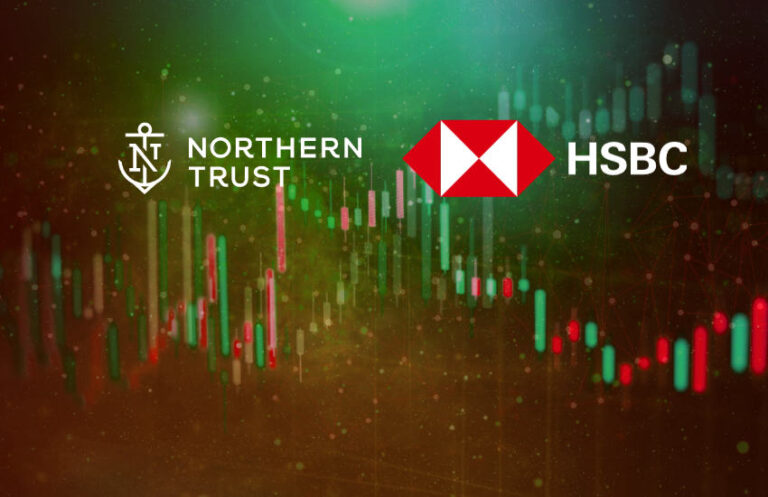
Source: www.ledgerinsights.com
In a recent report, HSBC and Northern Trust predict that 5-10% of all assets will be tokenized by 2030. While they did not provide a dollar figure, our estimates equate to $19.5 trillion, compared to the USD 16 billion anticipated by BCG last year. BCG’s forecast also anticipated that tokenization would reach 10% during the same time period.
According to McKinsey, total assets under management in 2021 came to $126 trillion, compared to BCG’s figure of $112 trillion. Using the McKinsey figure and a compound growth rate of 5%, you get an AUM of around $195 trillion by 2030, with tokenization of five to ten percent of that figure.
However, tokenization could boost the growth of assets under management. One of the touted benefits of DLT is fractionation. If an illiquid asset class previously required a minimum investment of $1 million and is reduced to $10,000, then the range of interested investors is greatly expanded. And probably assets under management as well.
The role of banks in a tokenized world
In a recent paper, HSBC and Northern Trust explore the impact of tokenization on asset servicing.
While the concept behind blockchain is that it requires zero trust, the two banks believe that trust will continue to play a critical role in financial markets. And none more so than custodians and custody of digital assets. Both banks are among the top ten custodians in the world in terms of assets under custody. They see an important role for asset managers in the transition to atomic liquidation.
The document has a couple of interesting case studies, particularly in wealth management. The most popular ETFs today track stock indices. With tokenization and fractionation, it is theoretically possible for a user to directly hold individual stocks in the index without an ETF. Any rebalancing can be done with smart contracts. The document highlights some potential tax benefits because individual stock losses can be offset by other gains.
The post also highlights the potential for customized portfolios and smaller portfolio sizes to become more viable for asset managers, allowing them to provide more thematic investment options.
Both banks are moving forward with digital asset initiatives. Northern Trust merged its digital asset team with its securities innovation team in mid-2022. It is also a minority shareholder in Zodia Custody, the UK-regulated custodian it co-founded with Standard Chartered.
Last month, HSBC launched its bond issuance platform, HSBC Orion, debuting a GBP bond issue for the European Investment Bank. This follows participation in the issuance of various digital bonds together with Marketnode in Singapore.
Read More at www.ledgerinsights.com